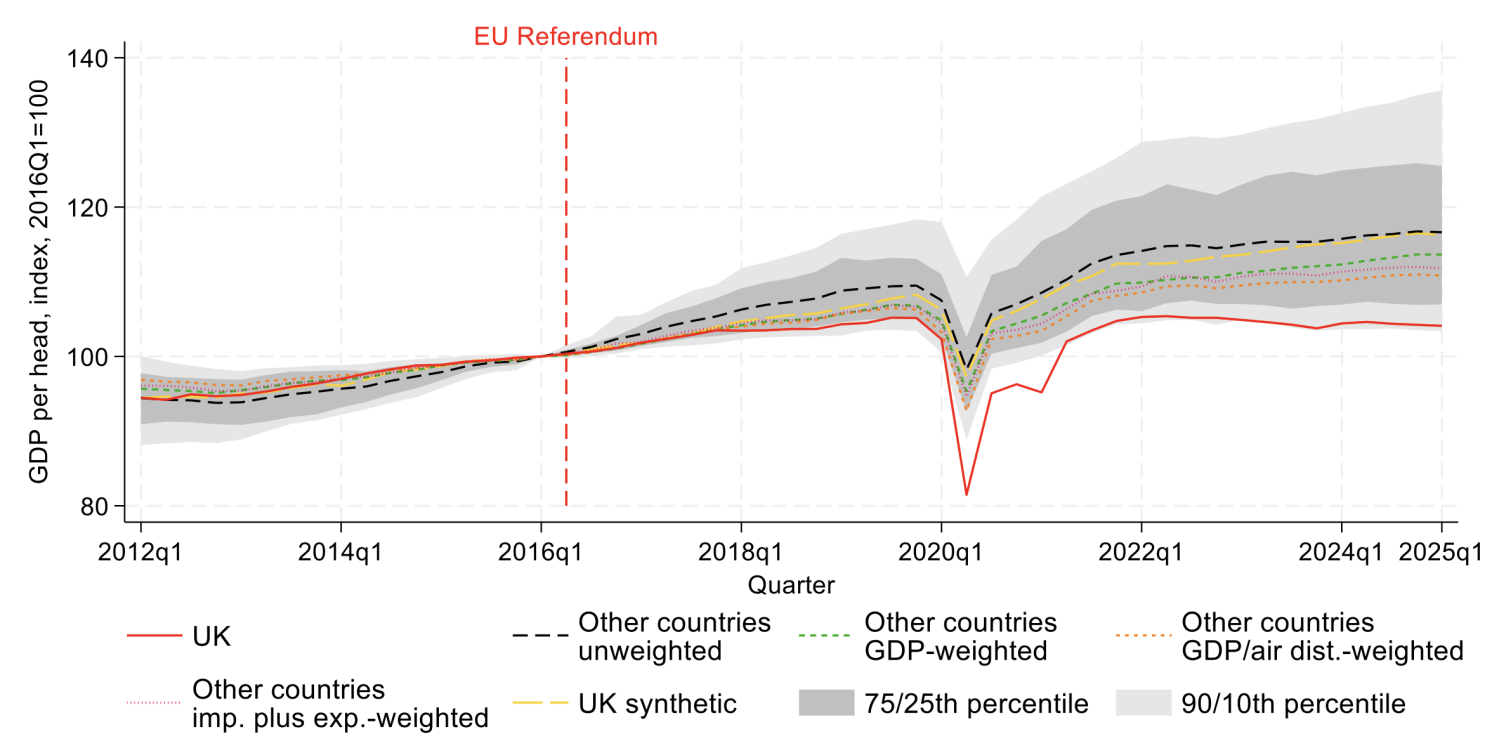It’s about value
Many companies can disregard their most significant source of value: their intangible assets. When assessing a company’s worth, most tend to focus on tangible assets such as machinery, structures, and stock. In our increasingly digital business world, this
is even more crucial for software companies, as intangible assets constitute the bulk of a company’s value. Nevertheless, many businesses, particularly in the software sector, are primarily founded on intangible assets such as expertise and other competitive
advantages that they might not even be aware of.
Intangible assets encompass intellectual property rights (IPR), which include patents, trademarks, copyrights, and other forms of intellectual property. But intangible assets are more than that. Intangible assets are reservoirs of value dispersed throughout
your business. Unfortunately, these assets are often disregarded. Yet software companies are primarily established on intangible assets, and they often lack awareness of what these assets are or how to safeguard them.
It is often difficult for tech companies with new products to determine whether trade secret or patent protection better suits its needs. Fortunately, it is possible to do both for a short period of time. -
FOSTER SWIFT COLLINS & SMITH PC
Intangible assets that are often overlooked hold significant importance, especially within the realm of software development companies. Consider, for instance, trade secrets or exclusive code and APIs; these serve as prime examples of intangible assets that
possess demonstrable value and can be pivotal in securing funding for your startup. Extensive effort and expertise are invested in their creation, yet they might not receive the attention and promotion they truly deserve.
If these assets are not identified and valued appropriately, it will be difficult for them to realise their true potential.
Effective trade secret and know-how protection is at the core of every technology transaction. Corporate technologies, technical know-how on algorithms, processes and designs as well as knowledge of manufacturing and materials represent essential corporate
assets of a tech company. –
Taylor Wessing
For example, a company’s brand recognition and customer lists can be incredibly valuable assets that are difficult to replicate. Similarly, a company’s proprietary code or integrations can provide a competitive advantage that is difficult for competitors
to match. These intangible assets can be worth a great deal and people like investors can appreciate that, so overlooking them can lead to missed opportunities and loss of value.
It applies to risks too
Intangible assets are interconnected with potential risks. If you fail to pinpoint and define the assets in your possession, you might overlook the associated risks. For instance, software companies are exposed to risks like knowledge and intellectual property
leaks, licensing obligations, and neglecting the protection of trade secrets. These risks can be effectively managed through proper planning and a commitment to assessing and monitoring intangible assets.
[…] failure to obtain the assignment of the intellectual property rights to the product developed by the founders […] can be very expensive to resolve; in some situations, it can be fatal to the startup when it’s seeking investment or about to be acquired.
–
DLA Piper
Other areas of risk can be open-source software licensing vulnerabilities, compliance risks, and third-party vendor reliance that are not always top of mind but can be just as damaging if not identified early enough. And third-party vendor risks, such as
vendor lock-in or supply chain disruptions, can also pose significant risks to a company’s operations.
To effectively manage these risks and maximise the value of their intangible assets, software companies need to take a comprehensive approach that includes intangible assets. This includes conducting regular assessments of their intangible assets, investing
in processes to support those assets, and developing plans for managing the various risks that they face.
It’s clear that software companies need to pay more attention to their intangible assets and the risks that they face. By doing so, they can maximise the value of their assets and position themselves for long-term success in an hostile investment and financing
environment. Intangible assets play a key role in the success of software companies: identifying, valuing, and managing these assets, companies can mitigate risks and maximise their value.





































